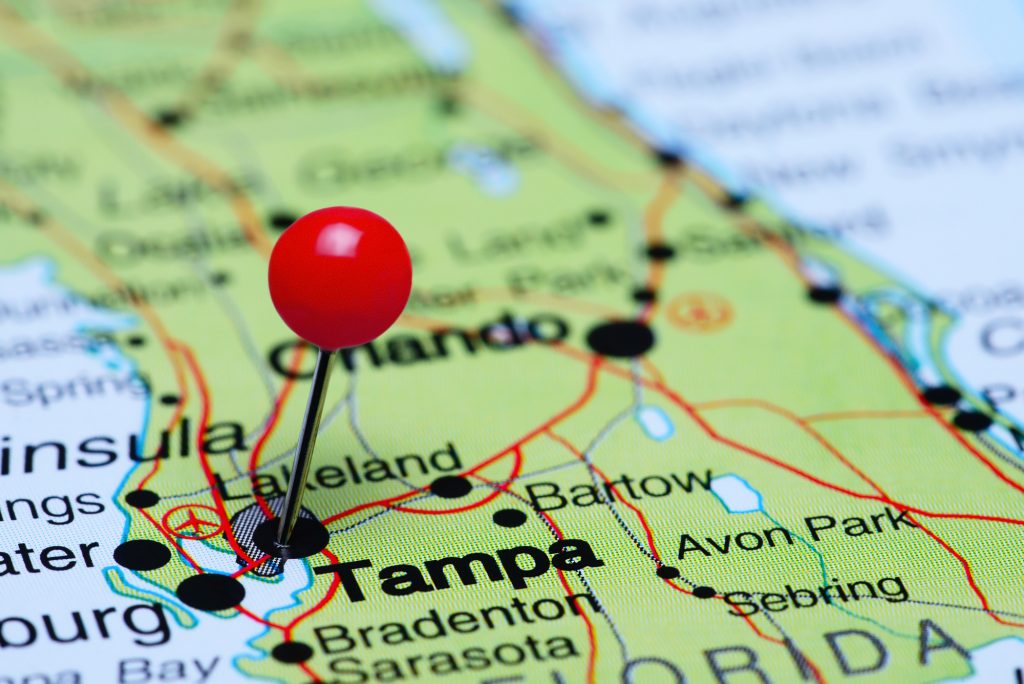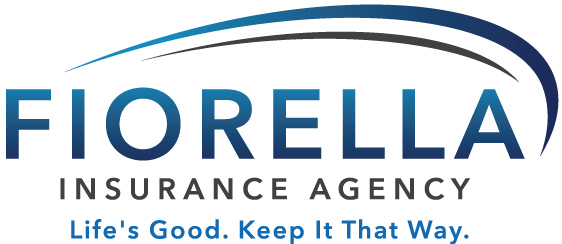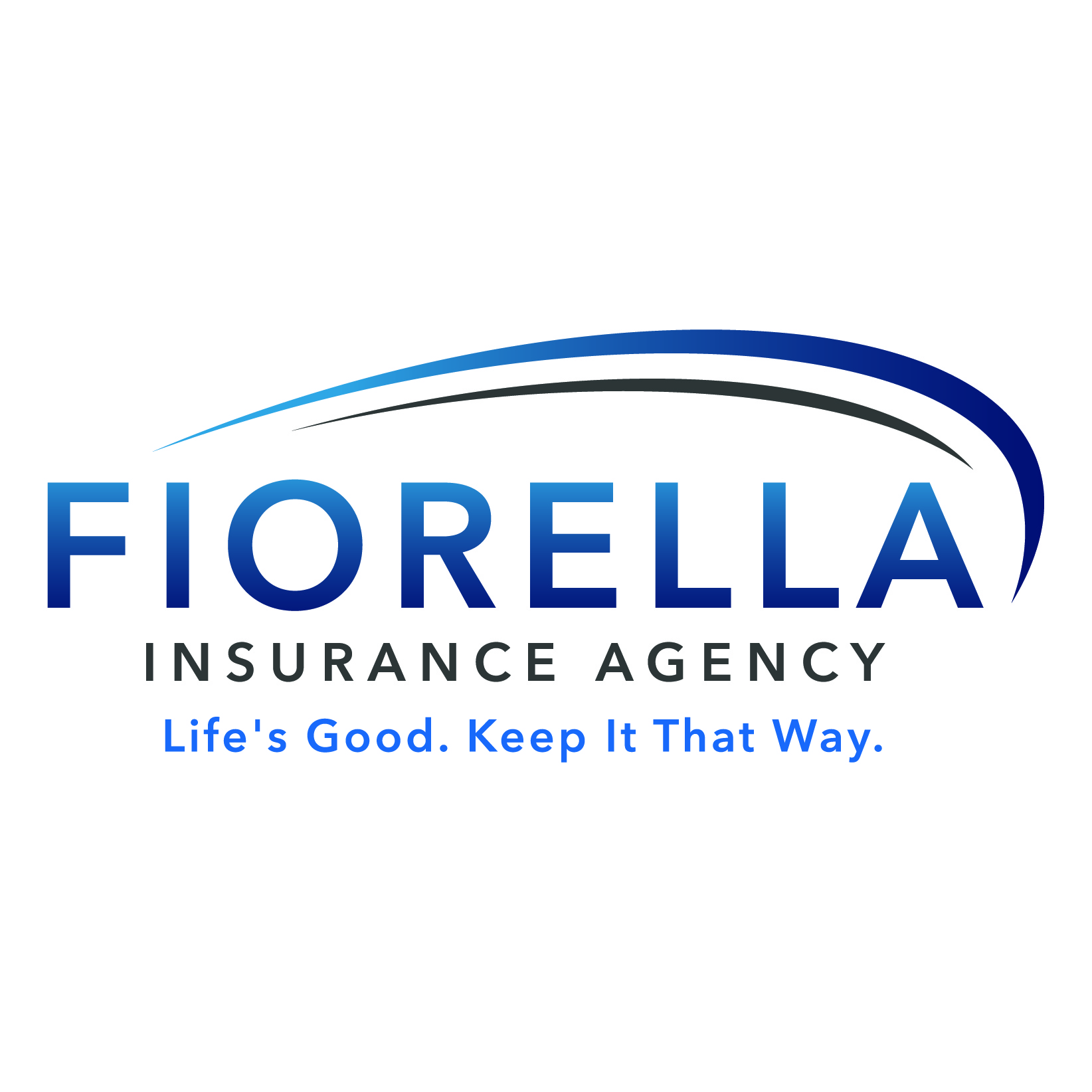Are you planning to move but don’t know where to start with your auto insurance?
Have you tried doing some research but can’t figure out auto insurance by the state you’re moving to?
Do you need a little bit of guidance before making the big move?
Moving comes with a dozen tasks that need to be done throughout the course of your move. Some things can’t be done until you officially reside at your new address, though.
One thing that has to happen when moving to a new state is obtaining auto insurance based on your new residence. But when do you need to take care of this? Can your insurance company do this for you?
A Fiorella Insurance Agent can help you choose insurance that’s right for you.
This blog covers in-depth information on moving to a new state and what things you’ll need to consider when purchasing an auto insurance policy.

-
Save
Auto Insurance by State: Things to Consider Before Moving
The first thing you need to know about moving out of state is that you cannot cancel your auto insurance in Florida until your vehicle has been registered in the new state. Alternatively, you may also surrender your plates and registration to an appropriate location.
Before moving and getting new insurance, it’s important to consider a few things about your new home. For example, what is the weather like in your new state?
Leaving the sunny state of Florida for a colder Midwest location may change the types of coverage you want. Higher collision coverage may be important in snowy and icy conditions.
If you’re moving to a state that regularly receives hail or is subject to tornadoes, that may impact how much comprehensive coverage you want and what you set your deductibles at.
A Fiorella Insurance Agent can help you choose insurance that’s right for you. Fiorella Insurance Agency.
One thing you’ll definitely need to research is what the auto insurance laws are in your new state. The types of coverage required will vary from place to place, so it’s important to know what the minimum requirements are.
Auto Insurance by State: Common Types of Coverage
While every state will have different auto insurance laws and minimum required coverage, the terms and types of coverage are common across the insurance industry. Below are the most common types of auto insurance coverage you’ll purchase.
1. Bodily Injury Liability Coverage
Bodily injury liability (BIL) coverage pays for medical expenses of anyone you injure in a covered accident. Typically, your insurance policy will have a maximum limit they will cover per person injured in the accident and per accident.
Without this coverage, you will be responsible for any medical expenses incurred by an injured party as a result of an accident in which you are at fault.
2. Collision Coverage
Collision coverage pays for any damage to your vehicle as a result of a collision with another vehicle, collision with an object, or damage from flipping your vehicle. In most cases, it will also cover damage that is caused by potholes.
Without collision coverage, you will have to pay out-of-pocket to have your own vehicle repaired in the event of an accident. Collision is sold with a deductible that has to be paid first.
3. Comprehensive Coverage
Separate from your collision coverage is comprehensive coverage, which pays for loss as a result of theft, as well as damage caused by natural events like hail, fire, and floods, or hitting an animal. In most cases, it will also cover a cracked or shattered windshield.
Like collision coverage, comprehensive has a deductible as well. Without this coverage, you will have to pay out-of-pocket for damages to your vehicle.
4. Personal Injury Protection Coverage
Personal injury protection, or PIP, coverage pays for medical expenses for you and/or your passengers in a covered accident. Some policies may only pay a percentage of the medical expense, and they will only pay up to your policy limit.
If you have health insurance, you may have some coverage already in the event of an accident. However, it’s a good idea to be able to cover the expenses of passengers in your vehicle.
5. Property Damage Liability Coverage
Property damage liability (PDL) coverage pays for any damage you – or someone driving your car with permission – cause to another vehicle. It also pays for other properties like buildings, fences, and lamp posts.
Without property damage liability coverage, you will be responsible for any damage you cause in an accident in which you are at fault. You may even be subject to lawsuits.
6. Uninsured/Underinsured Motorist Coverage
If you are in an accident with someone who either does not have auto insurance or doesn’t have sufficient auto insurance, coverage for an uninsured/underinsured motorist will reimburse you if you are in an accident in which they are at fault.
This coverage may also pay for damages as a result of a hit-and-run or if you are hit by an uninsured/underinsured motorist as a pedestrian.
Auto Insurance by State: Transferring Coverage
Once you’ve moved to a new state and have registered your vehicle or surrendered your Florida license plates and registration, you can get started on getting auto insurance in your new home. You may be able to transfer coverage with your Fiorella Insurance provider.
Here are some tips on getting ready to transfer auto insurance coverage:
- Research your new state requirements – if you already have full coverage, you may just be able to transfer your existing policy.
- Contact your insurance provider – let them know you’ve registered the car in a new state and need to get a new insurance policy.
- Work with an insurance agency – an agency can help you get a new policy if you want to work with a different provider.
Keep in mind that policy premiums may vary from state to state depending on things like the cost of living and average claims in the area.
When to Get a New Auto Insurance After Moving
When you need to register and get new insurance after moving will depend on where you’re moving to. Since you cannot get a new insurance policy without registering your Florida vehicle in a new state, you’ll want to do this as quickly as possible to make sure you’re fully covered.
You’ll also want to check with the state you’re moving to – they may have requirements on when you register your new vehicle.
Still need help figuring out auto insurance by state? Fiorella Insurance Agency can help you figure out the logistics of getting a new auto insurance policy.



